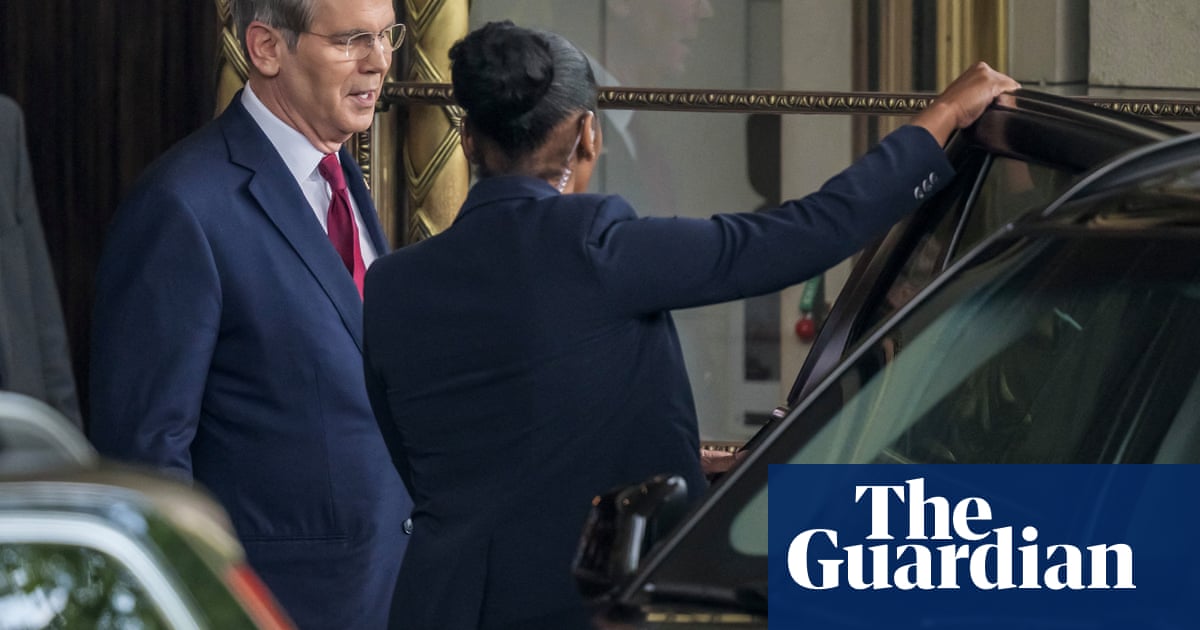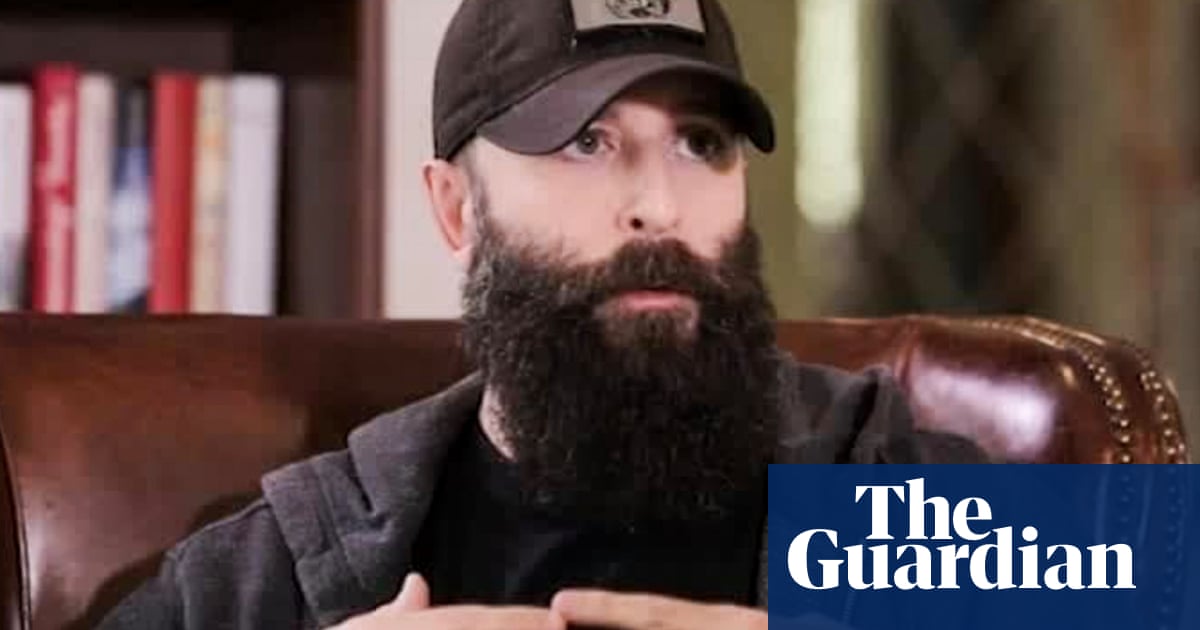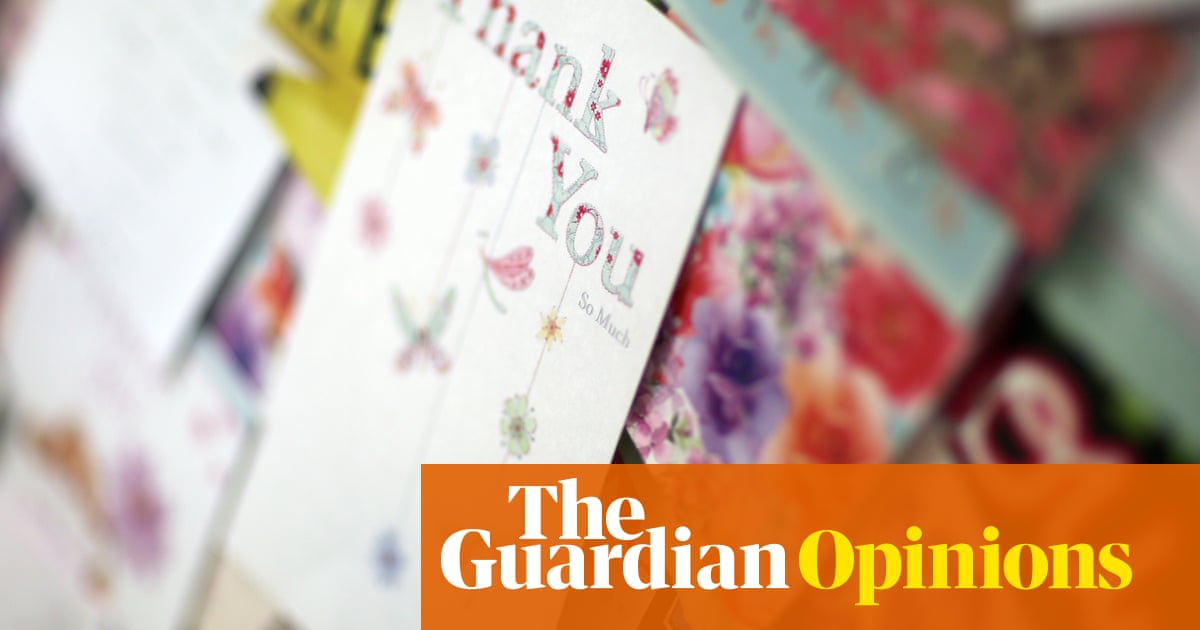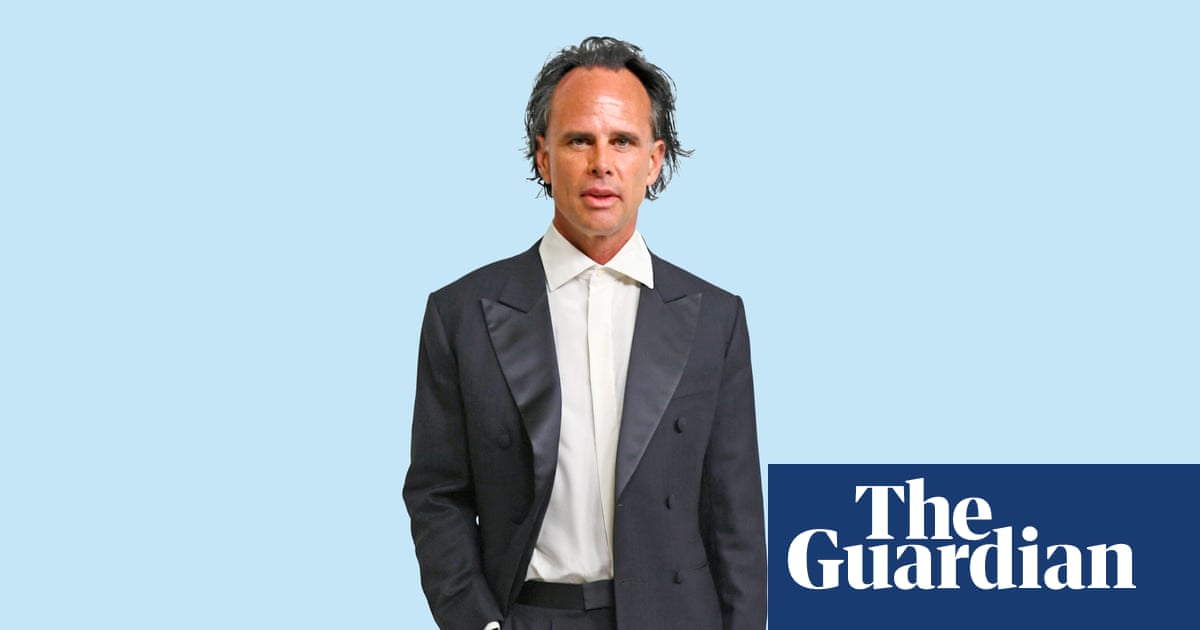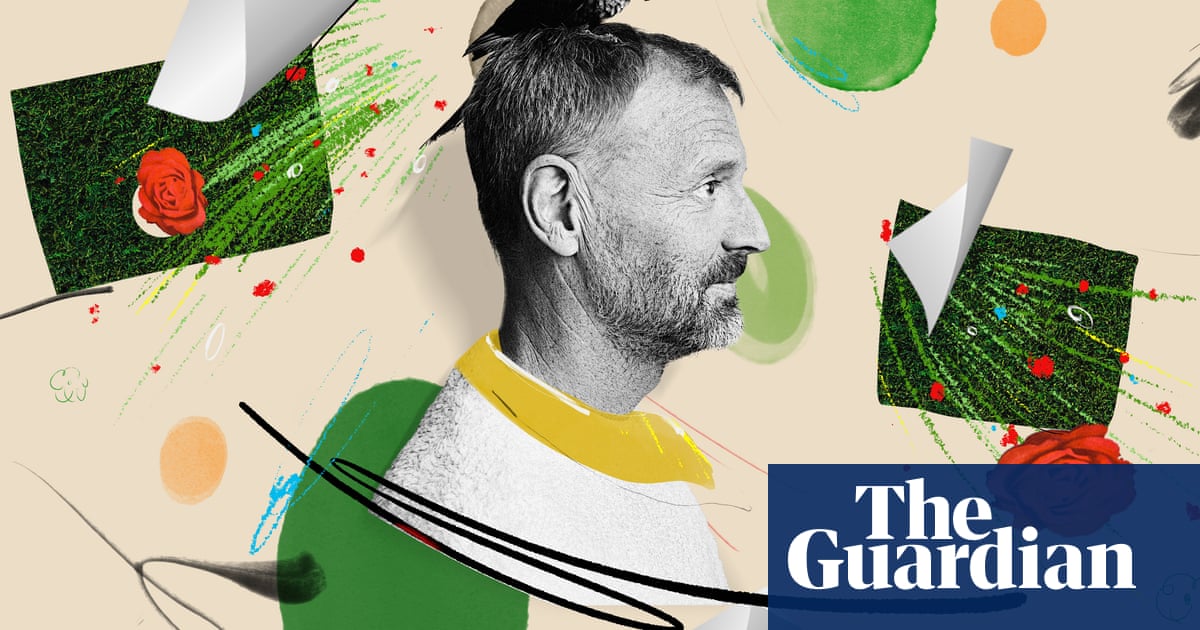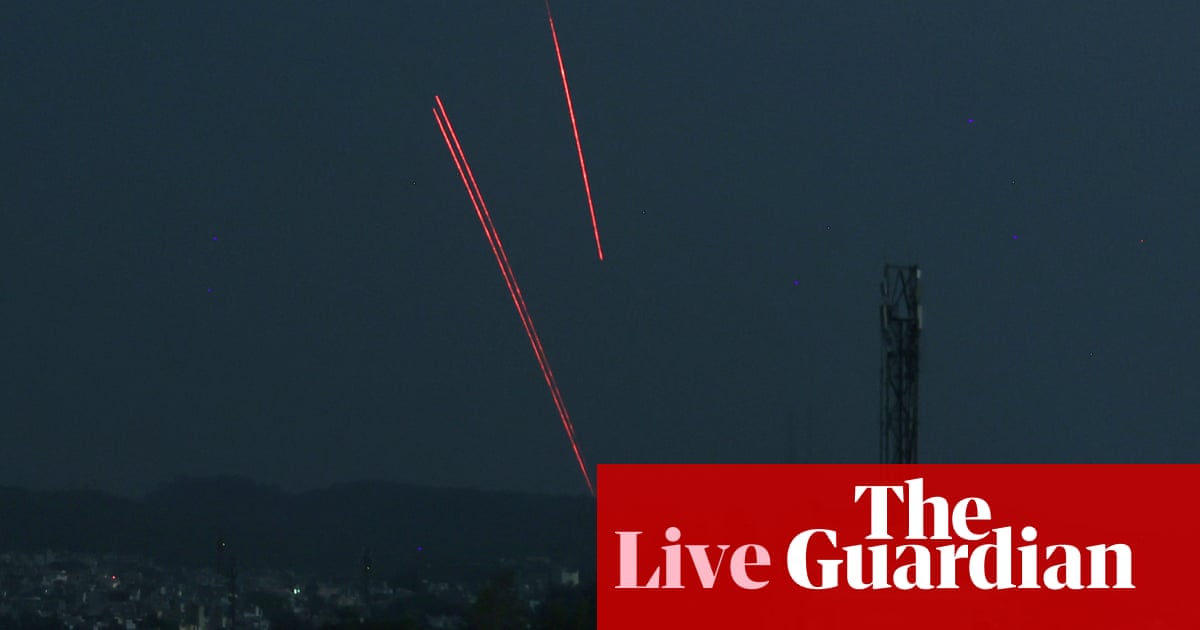If television dramas are a reflection of society, then it is safe to say we are feeling extremely suspicious right now. It does not take an intelligence operative to spot the number of spy thrillers that have infiltrated TV streaming services, in what’s been hailed as a golden age for the genre.
This week, season two of The Night Agent climbed to the top of Netflix’s chart, while Prime Target, an espionage thriller starring Leo Woodall, became Apple TV’s most watched show. Other series such as Black Doves, The Diplomat (both Netflix), Slow Horses (Apple TV+), The Day of the Jackal (Sky Atlantic) and The Agency (Paramount Plus) have also been huge hits.
Their popularity speaks to our times, experts say. In an age of fraying relations between nations, the rise of big tech (and disinformation), and increasing public distrust in governments and institutions, people are looking to TV shows to help make sense of an unstable world.
“The world feels very uncertain to a lot of people right now, and if there’s one thing human beings really can’t stand, it’s uncertainty,” said Joe Barton, the writer and creator of Black Doves, a tale of a spies-for-hire organisation starring Keira Knightley and Ben Whishaw.
“What these shows do is let us in on secrets and peak behind the curtain. There is no Black Doves, MI5 isn’t like it is in Slow Horses, the CIA isn’t like The Agency. All of it is fictitious, but it gives the illusion that we might occasionally understand how the world works.”
Robert Dover, a professor of intelligence and national security at the University of Hull, said audiences wanted to understand how the “deep state” might operate “because political and media narratives about it have ramped up since 2016”.
For all their plot variations, the current slate of spy shows have one thing in common: they interrogate binary notions of good versus evil. Their protagonists are flawed and the shadowy threat they face often comes from within their own ranks.
Barton said his inspiration for Knightley’s character, Helen, was derived from the spy cops scandal and “trying to imagine what kind of a person could build a whole family out of a lie”.
But even when Helen and her partner Sam are killing people, he wanted viewers to love them. Though they are bad, they are not the baddies. “I wanted the audience to see elements of their own friendships in them. I suppose they’re not really the good guys, but they’re better than some of the bad guys.”
Dr Luca Trenta, an expert in intelligence and covert action at Swansea University, said the shows featured “some interesting dynamics as to who the main villains are”. After the second world war, and during the cold war and the US “war on terror”, the villains were often Nazis, Soviets or terrorists. But now many come from within the government.
“‘Enemy within’ narratives often coincide with times of low-level trust in governments or their intelligence agencies,” Trenta said. In the 1970s, at the time of scandals such as Watergate, paranoid thrillers like Sydney Pollack’s Three Days of the Condor and Alan Pakula’s The Parallax View were popular.
Now, he said, “once again deep state and anti-establishment rhetoric has been prominent in the news, from Trump’s rhetoric to the mistrust of experts surrounding Brexit.”
Research last year found that a record 45% of people in the UK said they “almost never” trust governments to place the nation’s needs above their own interests. In the US, just 8% of the public said they had a great deal of confidence in Congress.
Prime Target, which follows a Cambridge mathematics student who becomes an enemy of the deep state, is a perfect reflection of this. “Part of the reason I wanted to do this job was my love of the Pakula films and those 70s thrillers,” the series director Brady Hood has said.
Ronan Bennett, the creator and writer of The Day of the Jackal, an adaptation of the Frederick Forsyth novel about a ruthless freelance assassin, said he wanted the show to reflect “the things that concerned me about the modern world”.
“For example, there was a true case of a young woman in Ireland recruited by the British state, used and then abandoned to her death by the state. That story was in my mind as I was writing the character of [MI6 agent] Bianca,” Bennett said.
It’s a framing that’s seductive. In the final episode, when the Jackal (Eddie Redmayne) and Bianca (Lashana Lynch) finally come face to face, it is Redmayne’s character we subliminally root for.
Another of Bennett’s adaptations was to make his target a tech entrepreneur whose software tracks rich people’s money – a strikingly contemporary theme. “One thing that people with lots of money don’t want others to know is what they’re doing with it and who they’re buying with it,” he said.
Dr Joseph Oldham, the author of Paranoid Visions, emphasised that many of the new spy dramas are, or feel like, novel adaptations, with a strong narrative thread. In that sense they have less in common with turn-of-the-century procedurals such as Spooks and 24 than with the BBC’s 70s and 80s John le Carré adaptations such as Tinker Tailor Soldier Spy and Smiley’s People.
“You could argue the current wave was partly ushered in by the revival of Le Carré on TV with The Night Manager (2016) and The Little Drummer Girl (2018),” he said. “Streaming services have hit upon the spy thriller as a must-have genre.”
For Bennett, the reason behind the surge is simple: dramatists enjoy writing about treachery and betrayal, and audiences long for a search for truth. “When things are murky and unclear, there’s resonance,” he said.

 3 months ago
48
3 months ago
48
